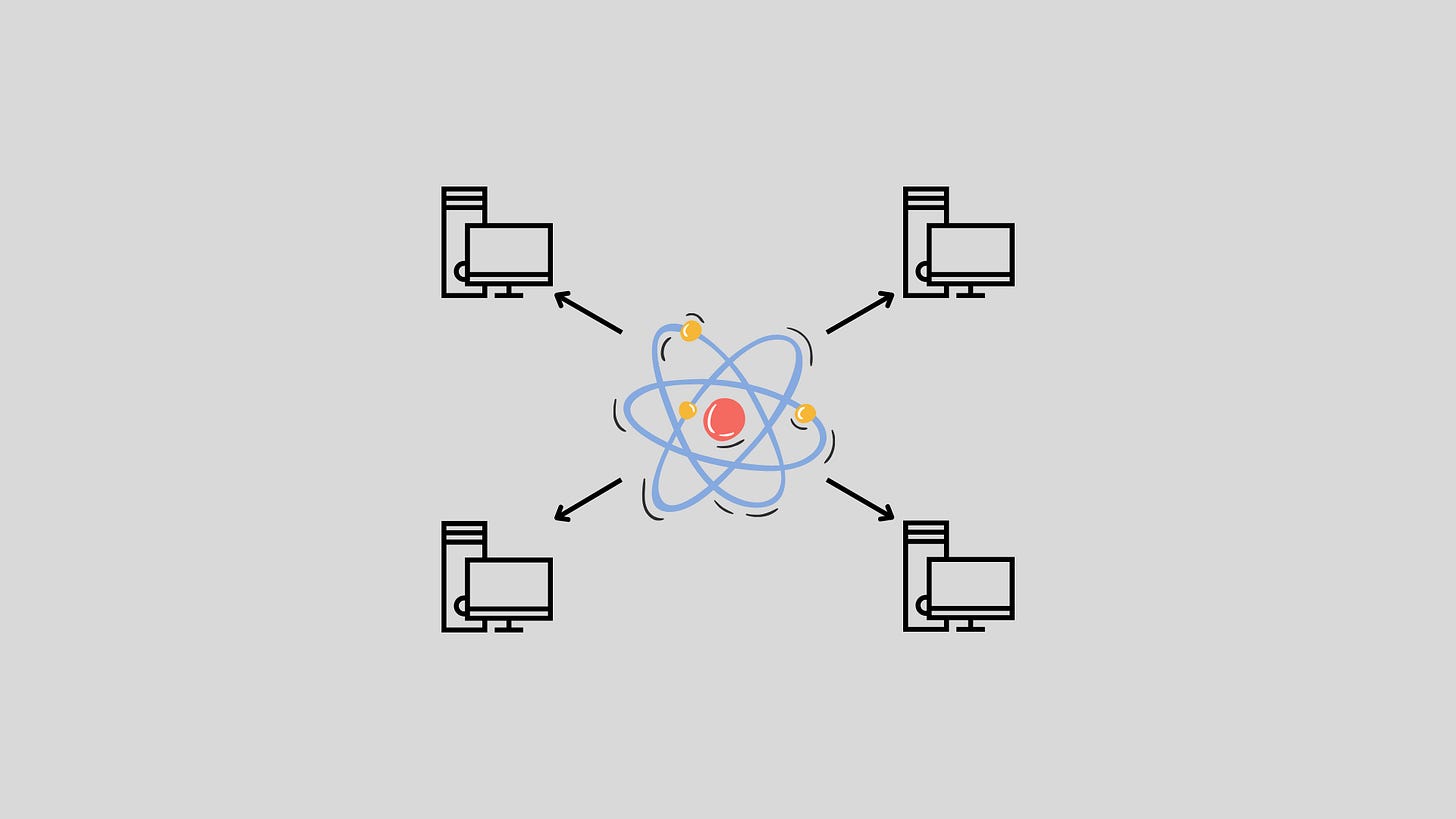DeSci: Rediscovering Science
Revolutionizing the scientific research with DeSci! Team Token Dispatch delves into how decentralized science is unlocking new opportunities for collaboration, transparency, and discovery.
We often see science stifled by bureaucratic laws, intermediaries, and unnecessary friction for funds—but innovation can be much faster if these hurdles are removed.
From performing research to developing vaccines, speed and momentum are crucial factors in the success of science. DeSci helps accelerate these factors and bring them to mainstream science.
Decentralized science, or DeSci, is a Web3 movement that leverages blockchain tools to address the critical issues plaguing modern science, such as funding, publishing, and copyright ownership.
Although it’s still early, the DeSci movement has slowly gained momentum. One trend that powers this movement is the shift to broader Web3 and crypto that eliminates intermediaries and gives power back to the user. The other one is the current state of scientific research and how data is shared.
Why Now?
Funding Crisis
Modern science has a funding crisis.
It is difficult for scientists to raise money for their research; grants and private donations are highly competitive. The majority of research funding comes from two sources — the government and biomedical corporations.
Alternatively, relying on private external funding also comes with its cons. Since companies typically look for a return on their investment, only the most promising research gets funded.
Broken Sharing Model
Publishing journals are driven by profit; they publish research studies that capture the attention of journal subscribers.
This shift in responsibility means that scientists who want to publish their research now bear the publication overhead. Some reputed journals have shifted to a “pay-to-publish” model where scientists are charged upwards of 4 figures for processing fees when they submit an article.
Lack of Transparency
Science is a discovery process and requires collaboration; scientists rely on each other’s research to help them avoid dead ends and mistakes.
However, the competitive environment of science often encourages research teams to keep their findings secret until they finish a project and are ready to publish—rather than collaborating with other groups on more significant discoveries.
By hiding precious resources and data, scientific development is limited. Moreover, hiding results might mean wasting millions of dollars repeatedly on doing the same research.
DeSci Using Blockchain
Smart contracts: While scientists perform peer review for free, the academic publishing industry extracts enormous profits from the process by acting as an intermediary.
Curbing Censorship: Political interference in science is a recurring problem in many parts of the world. The permanence and accessibility of data gathered via blockchain could be used to prevent censorship of scientific work.
Blockchain-based funding models: Scientists and DAOs are experimenting with NFT and token launches to fund research.
New Contribution Model: Blockchain technology could reward scientists for work beyond publishing, such as peer review and teaching. NFT collections could act as a verifiable digital reputation for contributions, further incentivizing the contribution cycle.
Non-Monolithic: Today, one or a few commercial companies control the Open Science ecosystem and academic knowledge. To mitigate these risks, separate, specialized communities govern the different aspects of science, such as peer review and reputation systems.
What’s Next?
DeSci enables communities to be the new “shareholders” of scientific knowledge (e.g., through IP-NFTs that DAOs can own). The value generated by such assets can then be used to fund the creation of new knowledge to build self-sustaining scientific ecosystems.
For the first time, we have the tools to create a global scientific commons. The emergence of blockchain technologies and decentralized autonomous organizations (DAOs) is opening up new possibilities for structuring our scientific knowledge economy.
One of the most important benefits of this approach is that it allows for a new system to emerge from the ashes of today’s broken model. The current system has been built over centuries and is deeply entrenched, but we are in an era in which ideas travel faster than ever.
So, how do we get there? One option is to build science DAOs that could own IP-NFTs, and then incorporate this technology into scientific research. Alternatively, we could create platforms where communities can unite to fund their science and share in the value generated by commercialization.
However, there are many challenges ahead. For example, how will DAOs ensure outside parties with ulterior motives do not influence their decisions? How do we prevent the creation of “stupid smart contracts” (i.e., ones that make decisions based on flawed data)? What happens when the governance model used by a DAO fails?
The case of COVID vaccines is just one example. Other scientific assets can be monetized and made available to the public, including community-owned data, open-source software, bioinformatics tools and databases, educational resources, medical devices—and much more.
With such tools, communities could collectively build novel solutions to problems that have long eluded mainstream science and technology: localized energy grids for sustainable development, decentralized waste management systems for cities, new models for healthcare delivery, and so much more.



